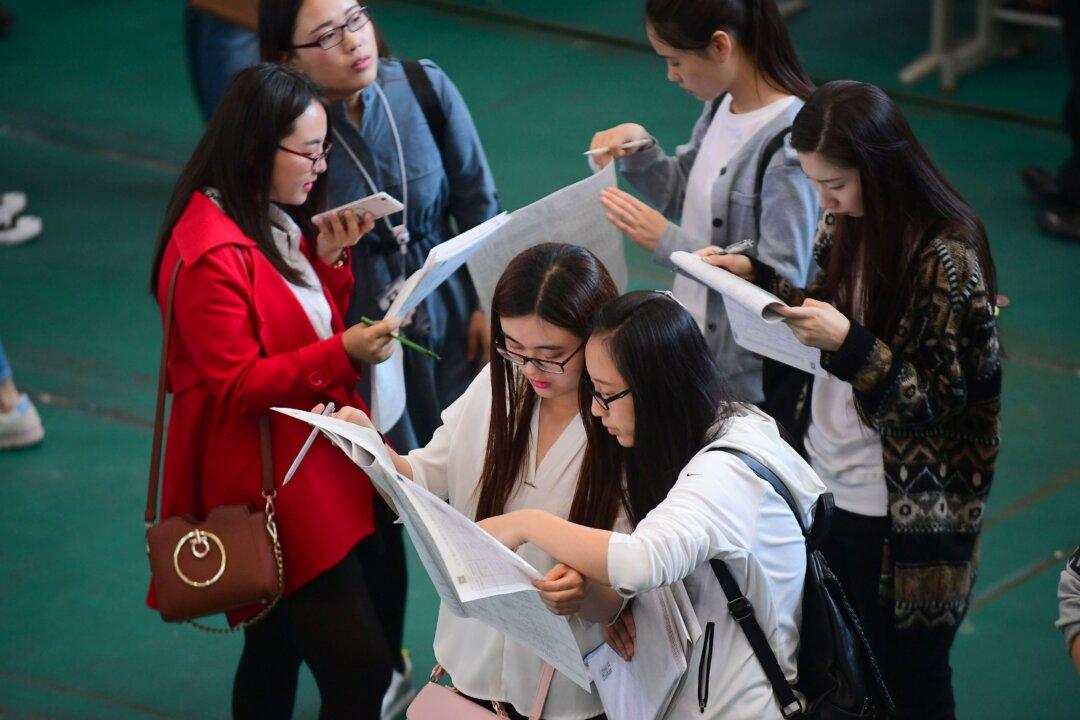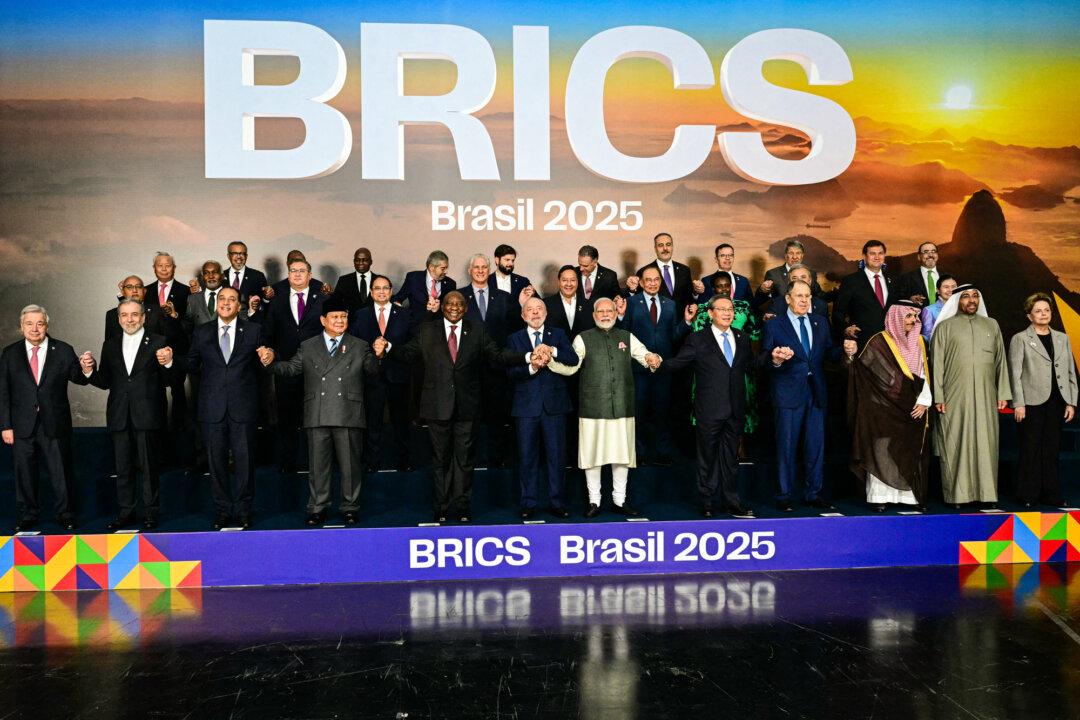The Chinese Communist Party (CCP) has a tremendous generational problem on its hands. Millennials aren’t behaving in the expected or traditional Chinese manner.
A growing number of China’s young people are moving away from what could be considered traditional Chinese attitudes, which include changing views on authority, the Party, marriage, families, and how they seek to live their lives.





